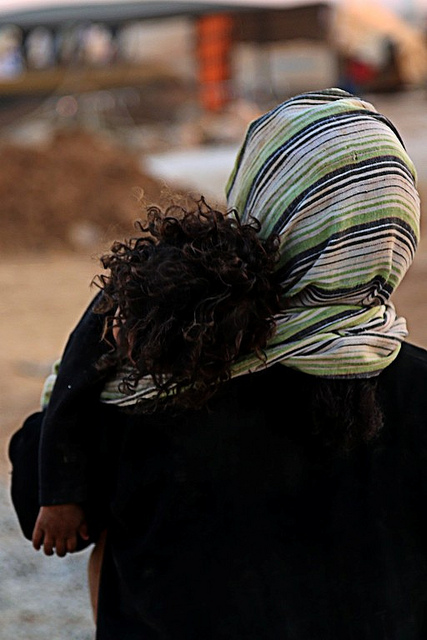Sporting News | Saudi Women May Soon See Athletic Opportunities
/RIYADH, Saudi Arabia - Progress towards greater gender equality continues in Saudi Arabia. Last year, King Abdullah allowed the addition of physical education programs in private schools. 2012 saw the first Saudi female athletes competing in Olympic games. And now, the Shura Council has voted to expand athletic programs to public schools throughout the Kingdom. While Saudi women remain some of the most restricted in the world, their cause is gaining momentum.
Growing concerns over women's health are at the core of the movement. Increased heart disease, obesity and diabetes threaten Saudi women at much higher rates than their male counterparts. According to Human Rights Watch, as many as 33% of women likely suffer from obesity, and 25% are plagued by diabetes. Regular exercise through physical education regimens and after-school sporting opportunities could greatly offset these life-threatening conditions, according to doctors.
The Shura Council has little power in Saudi government, but the assembly fills an important gap between the people and lawmakers. The Council's recommendation will be forwarded to the education ministry. This department will have the final say. In recent years, high-power clerics have questioned the longstanding ban on female recreation, stating that the Qur'an does not explicitly oppose this activity.
Externally, Saudi Arabia was the subject of international pressure. Until the 2012 Summer Olympics, the Kingdom was the only country recognized by the International Olympic Committee to prohibit female participants. The London games saw two Saudi women competitors, Wojdan Ali Seraj and Abdulrahim Shahrkhani, who competed in judo and track, respectively. The ladies' achievements were veiled, as the events were not televised in their mother country.
The makeup of the Shura Council is in itself indicative of the direction of the country. Last year, King Abdullah included 30 women on the board of 150 advisors. In the past, the Council had been exclusively male. But, the assembly's new power balance is not representative of wider Saudi society. Legally, women are unable to participate in business dealings, drive cars or even vote. Even so, Saudi women work in sales, education and now, law. Earlier this year, Bayan Mahmoud Al-Zahran was the first woman in the Kingdom to gain her lawyer's license.
However necessary, the implementation of female athletics could prove dubious. Even the discussion of expanding of women's athletics generated controversy from conservative Council members. If the education ministry approves wider sporting provisions, participants will abide by Sharia codes. According to these Islamic laws, traditional attire and female supervision will be mandated during sport practices and events.
The Council's endorsement is just one component of an increasingly progressive Saudi Arabia. Last August, King Abdullah took official action against domestic violence. The order provides victims with necessary medical treatment and levies serious punishments against culpable parties. By most data, Saudi Arabia is home to the most codified gender inequity in the world, and yet, developments continue to give hope to the women of the Kingdom.
Follow Michael on Twitter Twitter: @nahmias_report Senior Correspondent: @MAndrewRansom
Related articles
PE Classes for Saudi Girls Inch Closer to Reality (blogs.wsj.com)
Saudi authorities asked to allow school sport for girls (gulfnews.com)
Saudi Arabia may review ban on girls' school sports (schoolsimprovement.net)
Historic First: Saudi King Grants Women the Right to Vote, Run for Local Office (theblaze.com)
Saudi Woman Sentenced to 10 Lashes for Defying Driving Ban (theblaze.com)
Saudi Judo Fighter Will Now Be Allowed to Wear Islamic Headscarf During Olympic Competition (theblaze.com)

















































